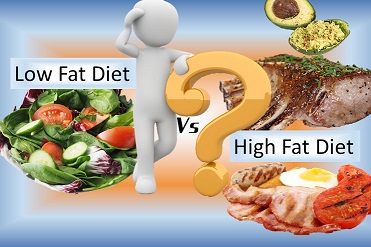Hereditary fructose intolerance is a disorder in which a person lacks the protein needed to break down fructose. Fructose is a fruit sugar that naturally occurs in the body. Man-made fructose is used as a sweetener in many foods, including baby food and drinks.
Causes
This condition occurs when the body is missing an enzyme called aldolase B. This substance is needed to break down fructose.
If a person without this substance eats fructose or sucrose (cane or beet sugar, table sugar), complicated chemical changes occur in the body. The body cannot change its stored form of sugar (glycogen) into glucose. As a result, blood sugar falls and dangerous substances build up in the liver.
Hereditary fructose intolerance is inherited, which means it can be passed down through families. If both parents carry a nonworking copy of the aldolase B gene, each of their children has a 25% (1 in 4) chance of being affected.
Continue reading “Uric Acid & Gout News: Hereditary Fructose Intolerance”

 Gout affects an estimated 4% of the population, or around 1 in 25 people. Evidence suggests this number is growing and is certainly affecting a larger demographic than in the past. A lot of confusion has surrounded the specifics on how high levels of
Gout affects an estimated 4% of the population, or around 1 in 25 people. Evidence suggests this number is growing and is certainly affecting a larger demographic than in the past. A lot of confusion has surrounded the specifics on how high levels of Just how bad are fake sugars for you? Let’s just start by making you aware that saccharin was discovered over 150 years ago by a chemist working with coal tar. Coal tar — you know, a well-known carcinogenic material. Studies dating back to the 1970’s concluded that saccharin was linked to bladder cancer in laboratory rats. If that isn’t evidence enough…… Yet, a gazillion conflicting studies later and we still have an issue that remains under intense debate. Saccharin is sold under brand names such as Sweet and Low
Just how bad are fake sugars for you? Let’s just start by making you aware that saccharin was discovered over 150 years ago by a chemist working with coal tar. Coal tar — you know, a well-known carcinogenic material. Studies dating back to the 1970’s concluded that saccharin was linked to bladder cancer in laboratory rats. If that isn’t evidence enough…… Yet, a gazillion conflicting studies later and we still have an issue that remains under intense debate. Saccharin is sold under brand names such as Sweet and Low